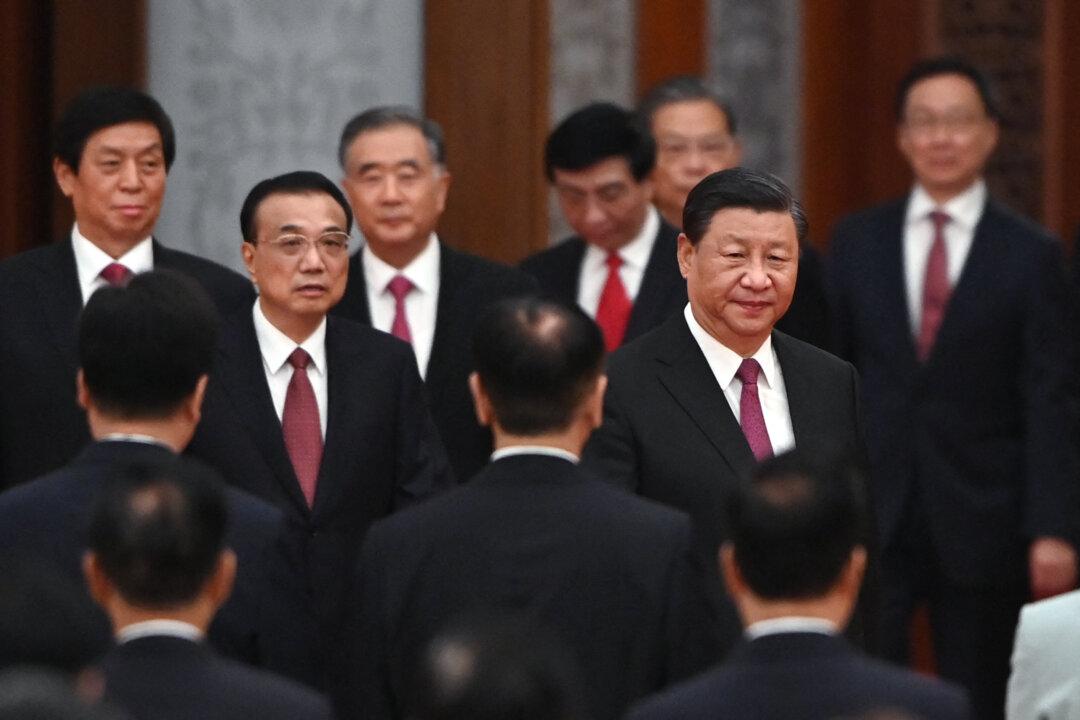Commentary
The year 2021 seemed to present a never-ending stream of worrying events out of China, from stock market delistings to floods and COVID-19.

The year 2021 seemed to present a never-ending stream of worrying events out of China, from stock market delistings to floods and COVID-19.